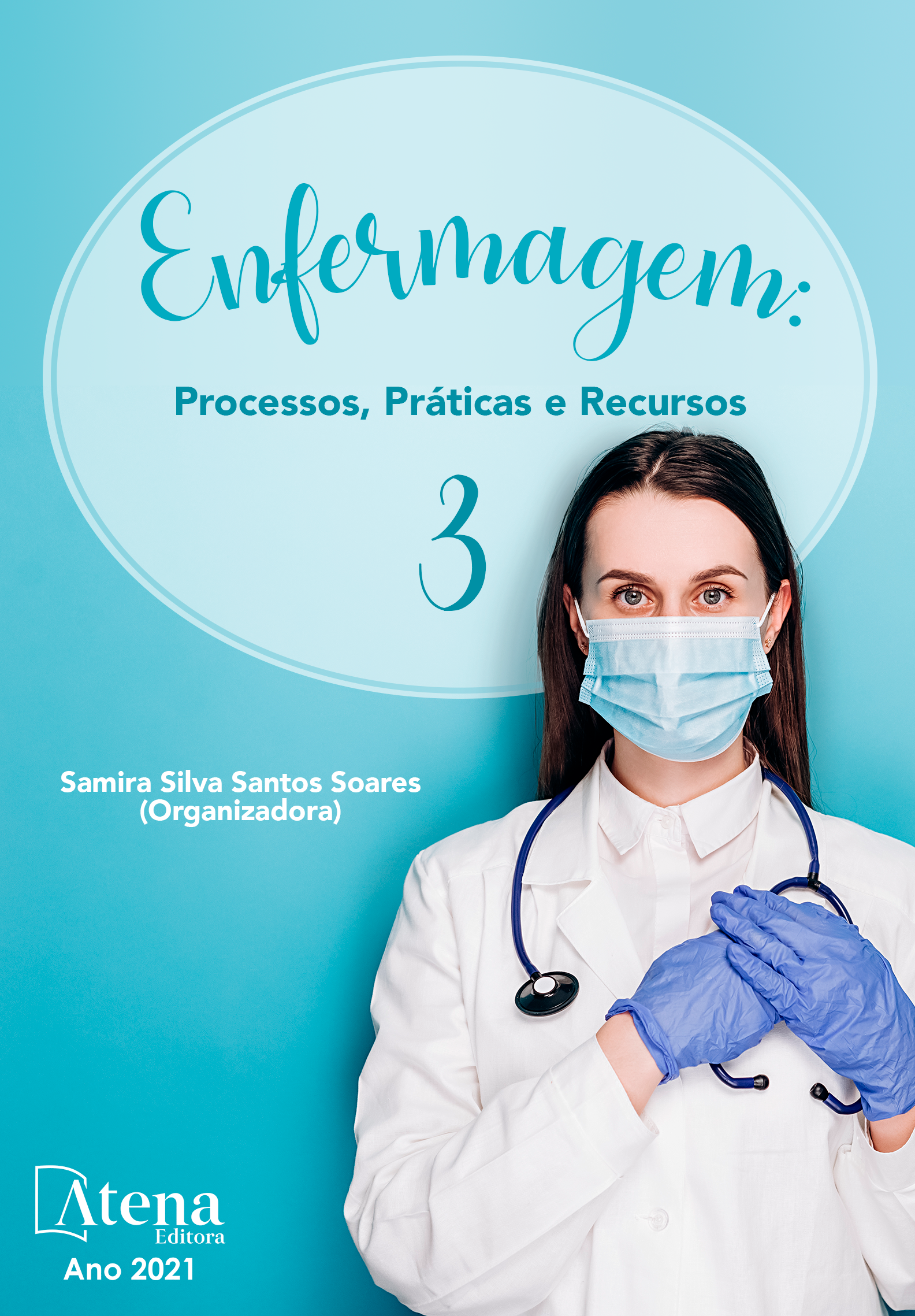
A INFLUÊNCIA DA ILUMINAÇÃO ARTIFICIAL DAS UNIDADES DE CUIDADOS INTENSIVOS NO RITMO CIRCADIANO DA PESSOA EM SITUAÇÃO CRÍTICA: REVISÃO INTEGRATIVA DA LITERATURA
O internamento numa Unidade de Cuidados Intensivos (UCI) conduz a mudanças súbitas na vida dos doentes, uma vez que a pessoa é exposta a um ambiente agressivo, aumentando a sua vulnerabilidade e diminuindo o seu bem-estar. A iluminação noturna não natural pode gerar problemas de saúde, bem como alterações psicológicas e alterações do padrão do sono e de repouso. Neste sentido, a presente revisão tem como objetivo analisar de que forma a iluminação afeta os ciclos fisiológicos e comportamentais da pessoa, analisar de que forma a iluminação afeta o ciclo de sono/vigília e investigar quais os cuidados de enfermagem que promovem um adequado ritmo circadiano. Optou-se pela realização de uma Revisão Integrativa da Literatura (RIL) com recurso à pesquisa de estudos publicados nas bases de dados: Scielo, PubMed, B-On, Scopus e Medline; com a utilização dos seguintes descritores: “iluminação”, “ritmo circadiano”, “sono”, “assistência ao paciente” e “unidades de terapia intensiva”. Seguidamente, procedeu-se à aplicação de critérios de exclusão/inclusão e indicadores de qualidade, resultando numa amostra final de 5 artigos. Como resultados, destacamos que a iluminação artificial influencia positiva e negativamente o ritmo circadiano da pessoa em situação crítica. Por um lado, pode resultar em perturbações no padrão de sono e por outro, se a intensidade da iluminação artificial variar ao longo do dia no sentido de acompanhar o seu ritmo, poderá potenciar o processo de recuperação da pessoa em situação crítica. Assim, concluímos que a iluminação artificial, ruído e atividades de enfermagem são os fatores mais disruptivos do ritmo circadiano. Portanto, torna-se impreterível aliar os cuidados de enfermagem com as mais recentes evidências, para promover a recuperação e saúde da pessoa.
A INFLUÊNCIA DA ILUMINAÇÃO ARTIFICIAL DAS UNIDADES DE CUIDADOS INTENSIVOS NO RITMO CIRCADIANO DA PESSOA EM SITUAÇÃO CRÍTICA: REVISÃO INTEGRATIVA DA LITERATURA
-
DOI: 10.22533/at.ed.25721230310
-
Palavras-chave: Iluminação; Ritmo Circadiano; Sono; Assistência ao paciente; Unidades de terapia intensiva
-
Keywords: lighting; circadian rhythm; sleep; patient care; intensive care units
-
Abstract:
The hospitalization in Intensive Care Units (ICU) leads to sudden changes in patients' lives, once the person is exposed to an aggressive environment, increasing his/her vulnerability, and decreasing his well-being. The non-natural nocturnal lighting can generate health issues, as well as psychological alterations and shifts in the sleep and rest pattern. Thus, the present review as the goal to analyse how lighting affects the physiological and behavioural cycles of the patient, analyse how it affects the sleep-wake cycle and investigate which nursing interventions promote an adequate circadian rhythm. This integrative review began with researching scientific studies published on the following data bases: Scielo, PubMed, B-on, Scopus and Medline; with the use of the following terms: “lighting”, “circadian rhythm”, “sleep”, “patient care” and “intensive care units”. Also, we applied exclusion and inclusion criteria and quality indicators, resulting in a final sample of 5 articles. Our highlighted results show that artificial lighting influences both positively and negatively the circadian rhythm of the patient in critical condition. On one hand, it can negatively affect the patient's sleep pattern, yet if the intensity of the artificial lighting varies throughout the day according to the daylight rhythm, we can optimize the patient's recovery So, in conclusion, artificial lighting, noise and nurse interventions are the most disruptive factors of the circadian rhythm. Therefore, in order to promote patient's recovery and health, we must ground nursing care on the most recent evidence.
-
Número de páginas: 16
- Maria Catarina Ferreira Moreira
- Marta Rodrigues da Silva Pinto
- Ana Isabel Canelas Rocha
- João Filipe Lindo Simões
- Noémia Baptista


